Peanut butter is a thick, delicious spread made of ground, often roasted peanuts that is popular worldwide. Peanut butter gets top points for versatility. No other food transitions from breakfast to lunch to dinner and even to snacks and desserts so smoothly. You can make peanut butter cookies, peanut butter sandwiches, peanut brittle, and more.
Aside from its delicious taste, peanut butter is also loaded with nutrients and has been attributed to numerous health benefits. Is peanut butter good for fatty liver? Let’s find out.
Background Info: Peanut Butter
November is National Peanut Butter Lovers Month and the best way to celebrate it is by indulging in this famous American sandwich for lunch! Coincidentally, what better time to talk about peanut butter than in November?
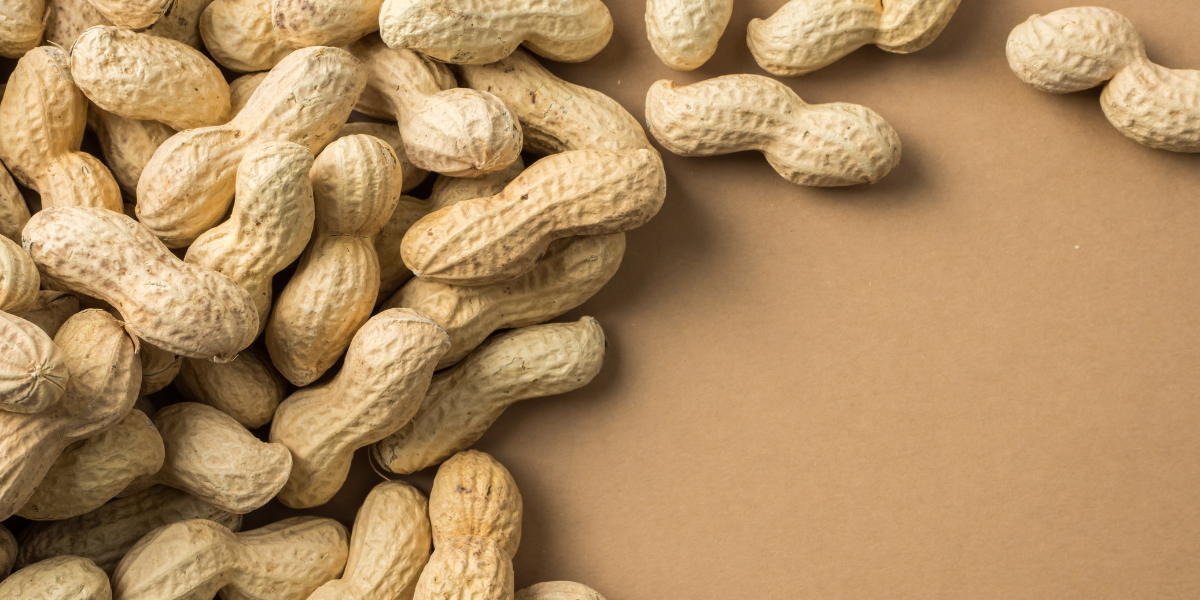
The peanut plant is said to originate in South America, specifically in Peru or Brazil. However, the first documented evidence of the existence of peanut butter was in 1500 B.C. when ancient Peruvian Incas learned to grind raw peanuts into a paste for consumption. By this time, Brazilian tribes also ground peanuts along with maize to create a drink mixture.
Later on, when the popularity of peanuts grew in the US, Dr. John Harvey Kellogg (of the famous cereal brand), a St. Louis physician, developed a version of peanut butter in 1895. It was intended as a protein source for the rich elderly patients of a sanitarium he managed who had difficulty in chewing meat. Peanut butter made its first public appearance in 1904 when it was sold at the St. Louis World Fair.
With regards to nutritional value, one serving (2 tablespoons) of peanut butter is around 190 calories. Peanut butter is chock-full of beneficial nutrients, including proteins, fiber, fat, carbs, phosphorus, folate, vitamin E, iron, potassium, manganese, selenium, vitamin B12, zinc, magnesium, iron, niacin (B3), and vitamin B6. Two tablespoons are also the recommended amount of peanut butter for one meal.
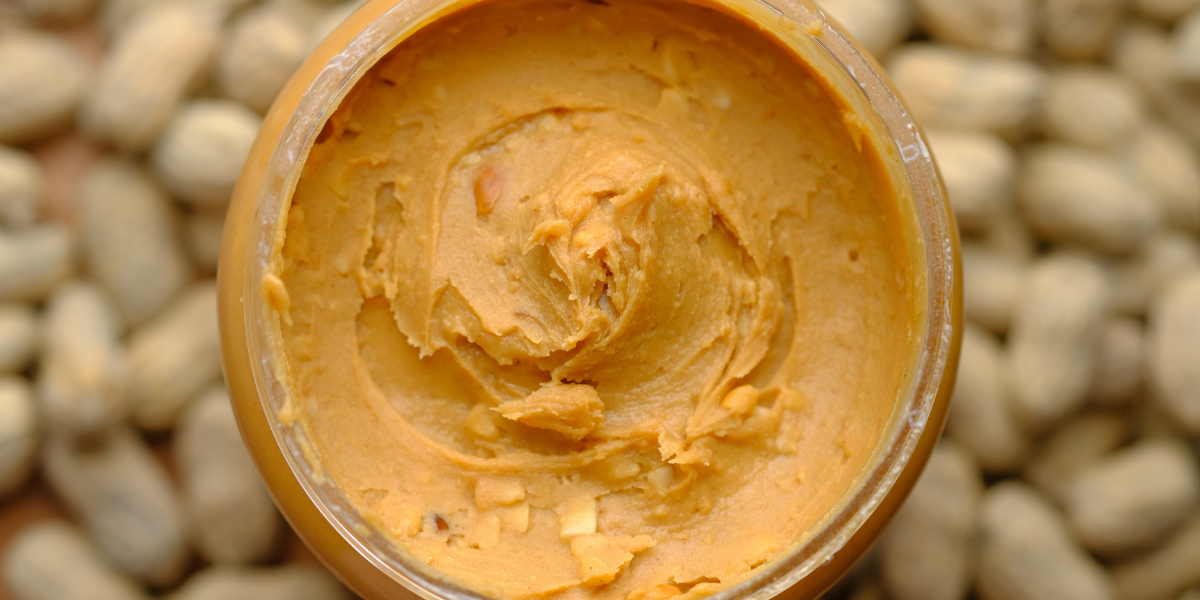
Eating moderate amounts of peanut butter is unlikely to cause major negative effects. This delicious spread is also attributed with certain health benefits, such as:
- Prevents against gallstones
- Makes you feel fuller
- Helps with weight loss
- Strengthens your immune system
- Boosts energy
- Fights toxins
- Reduces risk of Alzheimer’s
- Reduces risk of Type 2 diabetes
- Reduces risk of heart disease
- Lowers blood pressure
- Promotes good cholesterol levels
- Good for bone health
- Supports muscle and nerve function
- Improves hair and skin
- Improves sleep quality
- Decreases stress hormone levels
Is Peanut Butter Good For Fatty Liver?
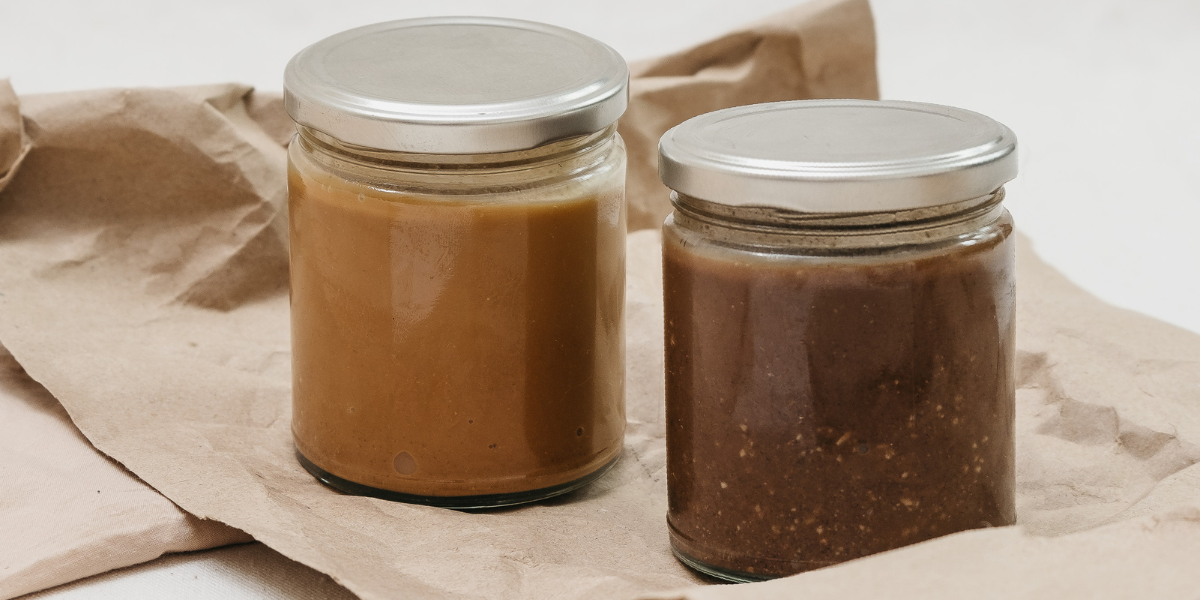
Since we have been enumerating the health benefits of peanut butter especially when it comes to chronic medical disorders, let us discuss one more. Is peanut butter good for fatty liver? Fatty liver disease is a chronic condition caused by an accumulation of fat around the liver.
The abundant antioxidants and vitamins contained in peanut butter enhance the antioxidant activity in the liver and improves its condition. Here are some of them:
-
Vitamin B
The B vitamins are one of the best vitamins to improve liver function. Vitamin B-rich foods such as peanut butter can help reverse the symptoms of several liver diseases, including non-alcoholic fatty liver disease (NAFLD).
According to a recent August 2022 study conducted by scientists at Duke-NUS Medical School in Singapore, Vitamin B12, in particular, when taken with folic acid, can actually prevent and/or delay the progression of NAFLD. It restored the liver’s role in autophagy, which is the body’s ability to clean out damaged cells and regenerate healthier cells to improve function. In addition, there was a marked reversal in liver inflammation and fibrosis.
-
Vitamin E
Vitamin E, which peanut butter contains at about 3 milligrams per serving, is a fat-soluble nutrient and powerful antioxidant that helps protect cells from damage caused by free radicals. When there are not enough antioxidants in your body, it can lead to oxidative stress which contributes to liver cell damage.
In January 2018, a review published in the journal Antioxidants said that the antioxidant activity caused by Vitamin E can decrease the levels of oxidative stress in people with NAFLD.
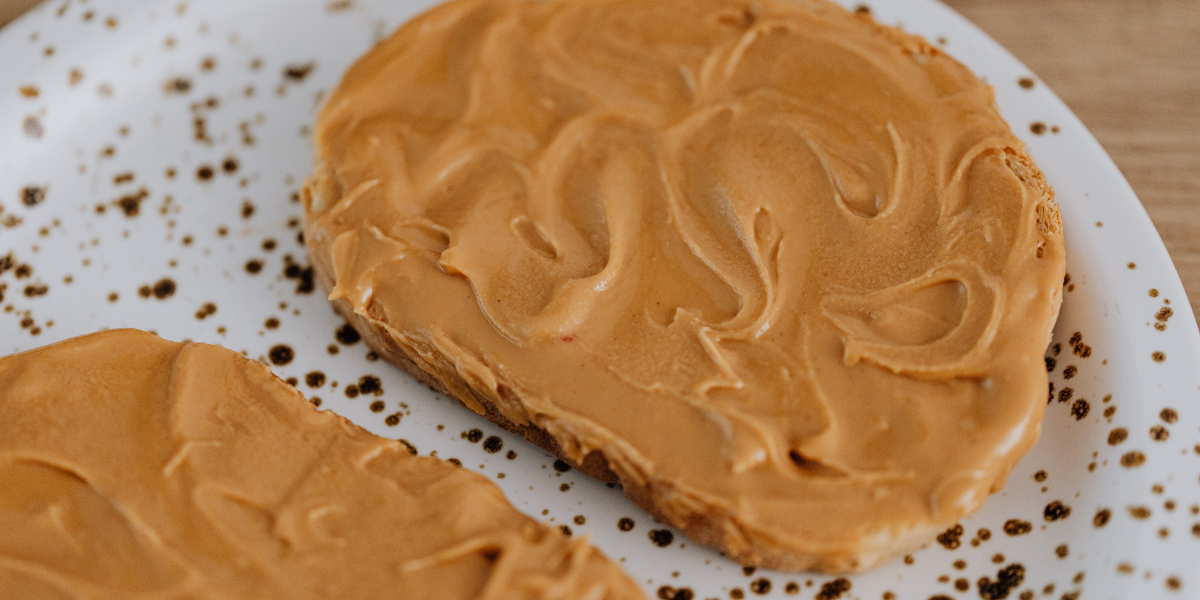
-
Manganese
Peanut butter contains 0.5 milligrams of manganese per ounce. Manganese is a trace mineral that plays an important role in bone development, blood sugar regulation, reduction of inflammation, and proper liver function. Manganese also helps with the metabolism of nutrients, especially carbohydrates and fats. This is particularly significant in delaying the development of fatty liver disease as the condition is caused by the buildup of fats in the liver.
-
Magnesium
A serving of peanut butter (equivalent to 2 tablespoons) can provide 49 milligrams of magnesium, a mineral mostly stored in the bone that is essential for energy production and muscle and nerve function. Sufficient magnesium levels in the body not only preserve liver function and slow down the development of liver disease, but also decreases the associated mortality rate. In fact, for every 100 mg increase in magnesium intake, the risk of dying from liver diseases such as liver cirrhosis or fatty liver is reduced by 49%.
Side Effects Of Eating Too Much Peanut Butter
Like all good things, there will always be a downside and peanut butter is no exception. No matter how much you love the spread, it is important to eat peanut butter in moderation because over-indulging can lead to unnecessary health complications such as:
- High blood pressure
- Weight gain
- Heart disease
- Acid reflux
- Neurological disorders
Watch Out For Peanut Allergy!

Another thing to consider is that peanut allergy is the 4th most common food allergy worldwide. A peanut allergy can happen when your body’s immune system mistakenly identifies the proteins contained in the peanuts as a harmful substance and overreacts. Your immune system triggers an allergic reaction in your body which includes:
- Stomach cramps
- Indigestion
- Vomiting
- Diarrhea
- Difficulty breathing
- Wheezing
- Repetitive cough
- Hives
- Swelling of the lips and/or tongue
- Dizziness
- Confusion
- Weak pulse
- Anaphylaxis
A peanut allergy can be life-threatening because it involves your digestive system, respiratory system, and other body processes, and is caused by an overactive immune system. Another type of peanut sensitivity is peanut intolerance which manifests less serious symptoms mainly affecting the digestive system.
In A Nutshell
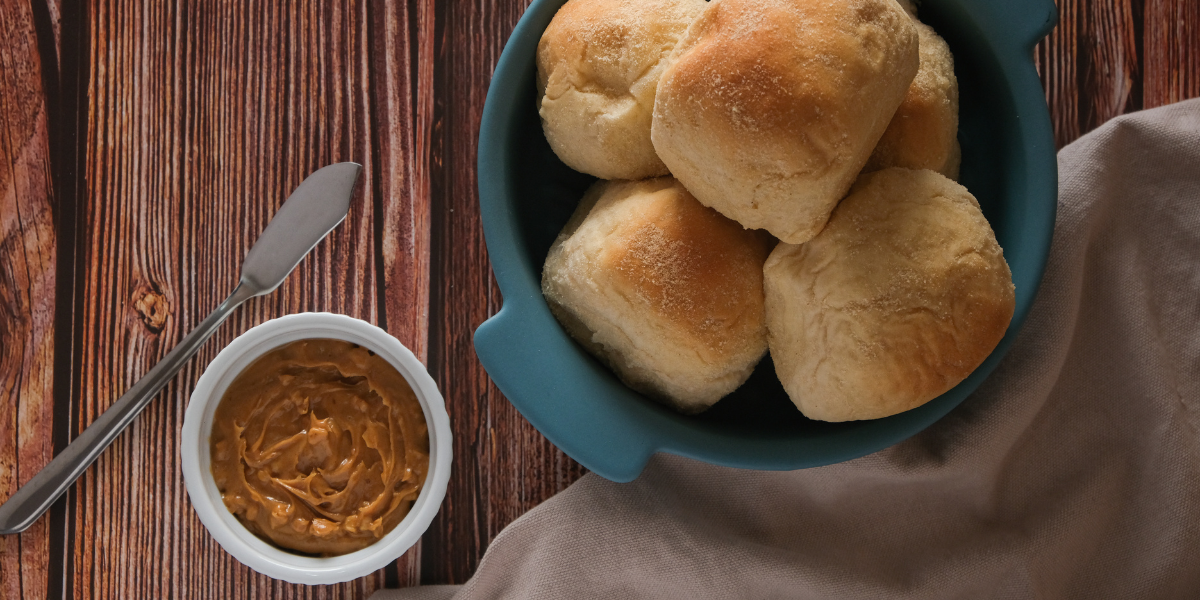
Peanut butter is an incredible spread that enlivens everything it touches, but it does have some downsides, especially if you eat too much. Small amounts of peanuts can go a long way and boost your diet, but eating too many can be harmful by depleting your body of sugar, sodium, fat, etc.
The problem with peanut butter is that it is difficult to resist. Eating peanut butter in moderate portions is generally recommended because it has a lot of beneficial effects and tastes wonderful to boot! Is peanut butter good for fatty liver? It certainly is!


